Featured
Table of Contents
- – What Is A Vpn? - Definition, Meaning & Explanation
- – How Does Atlas Vpn Work?
- – What Is A Vpn? How Does It Work? - Dns Filtering
- – How Does A Vpn Work & How To Use A Vpn - Priv...
- – Vpn Connection: What Is It And Why Do You Nee...
- – What Is A Vpn? How Does It Work And Why Do Y...
- – What Is Mozilla Vpn And How Does It Work?
- – Vpn: How Does It Work And What Is It Used For?
What Is A Vpn? - Definition, Meaning & Explanation
In a mobile VPN, the server still sits at the edge of the organization's network, making it possible for safe and secure tunneled access by authenticated, licensed customers. Mobile VPN tunnels are not tied to physical IP addresses. Rather, each tunnel is bound to a logical IP address. That sensible IP address stays to the mobile gadget.
Hardware VPNs provide a number of advantages over software-based VPNs. In addition to offering improved security, hardware VPNs can provide load balancing for large client loads. Administration is handled through a web browser interface. A hardware VPN is more pricey than a software-based one. Due to the fact that of the cost, hardware VPNs are more practical for larger services.
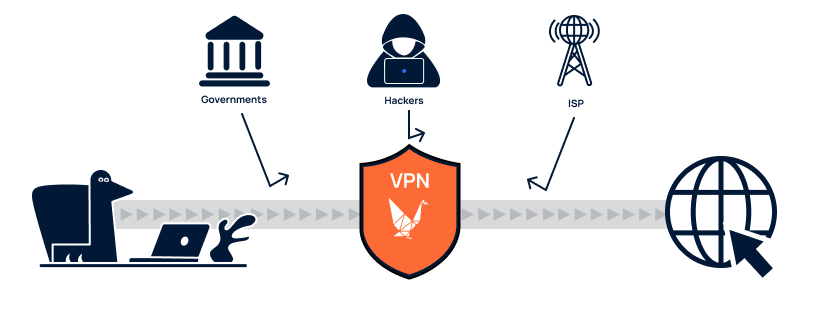
Paid vendor choices tend to be advised more typically than totally free ones. Some VPNvendors, among numerous, consist of the following: consists of a strong collection of security features with a big collection of servers.
How Does Atlas Vpn Work?
It does not provide too much in terms of additional functions and personal privacy tools. Still, it is normally considered a great VPN service. is a VPN service with a big and varied set of distributed servers. It has strong privacy and details practices focused on security and uses additional features such as split tunneling.
VPNs are legal in the United States, however users and companies should check if they are legal in particular countries. Lots of VPNs offer extremely similar innovations, so it can be tough to pick which VPN will work best. Paid VPN services tend to be more trusted and consist of more security features.
Around 2017, internet users in the United States learned that ISPs could gather and offer their searching history, and net neutrality ended up being an idea people needed to defend-- and effectively lost. A costs was gone by the U.S. Legislature in 2019 to restore net neutrality, however was eventually obstructed by the Senate.
What Is A Vpn? How Does It Work? - Dns Filtering
With this knowledge, using VPNs ended up being a more genuine need for people.
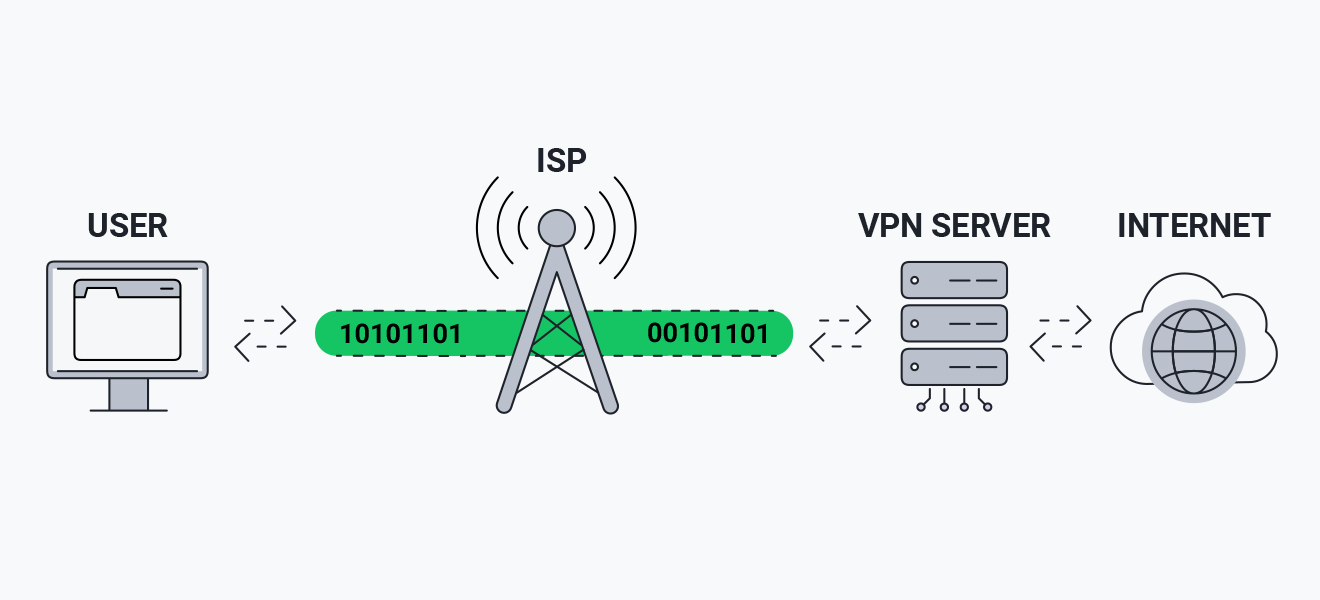
A VPN reroutes your traffic through a remote server, encrypting it at the same time. Generally, when you try to access a site, your ISP (Web Service Provider) gets the demand and reroutes you to your location. When you link to a VPN, it reroutes your web traffic through a remote server before sending it over to your destination.
Numerous years ago, the most common way to link computers in between multiple offices was by utilizing a leased line. Leased lines, such as ISDN (incorporated services digital network, 128 Kbps), are personal network connections that a telecom company can rent to its consumers.
How Does A Vpn Work & How To Use A Vpn - Privatevpn
These connections form a single wide-area network (WAN) for business. Rented lines are dependable and protected, the leases are costly, with expenses increasing as the distance in between offices increases. Today, the web is more available than ever before, and web service providers (ISPs) continue to develop faster and more trustworthy services at lower costs than rented lines.
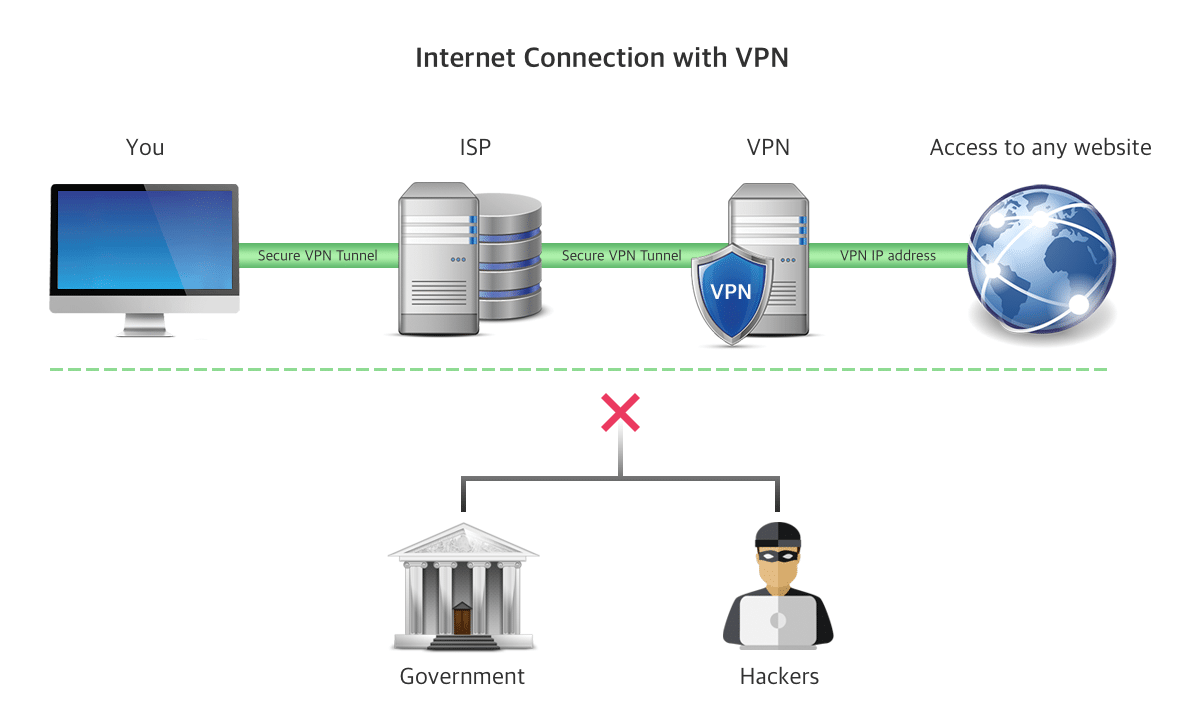
Paid VPN services function quite like organization VPNs however go through a VPN company to reach the web, instead of by means of a personal organization. These services are incredibly easy to use. All you have to do is download the software, install it on your device, and link to the server of your option.
Initially, let's explore an example that describes how a VPN compares to other networking options.
Vpn Connection: What Is It And Why Do You Need One?
All your internet traffic is routed through this tunnel to the server, which then sends out the traffic off to the general public internet as typical. Information returning to your device makes the exact same trip: from the internet, to the VPN server, through the encrypted connection, and back to your maker.
There are a couple of alternatives out there to set up your own, such as Summary. Doing so is fairly uncomplicated, but you'll either require to maintain a server or lease one, which is less simple. While there are some efforts to make self-hosted VPNs more available, it's something best delegated tinkerers who aspire to get their hands (digitally) filthy.
If you do not like that a business you're already paying is benefiting from your data or if you have concerns about ISPs hoarding in-depth information about your activities, a VPN will assist. Not even your ISP can see your web traffic when you use a VPN.VPNs also make it harder for marketers and others to track you online.
What Is A Vpn? How Does It Work And Why Do You Need ...
When the VPN is active, your real IP address is hidden, and anybody viewing you can just see the IP address of the VPN server. By concealing your genuine IP address, VPNs reject snoops one tool utilized to recognize and track you online. Despite that, VPNs do not make you totally confidential online.
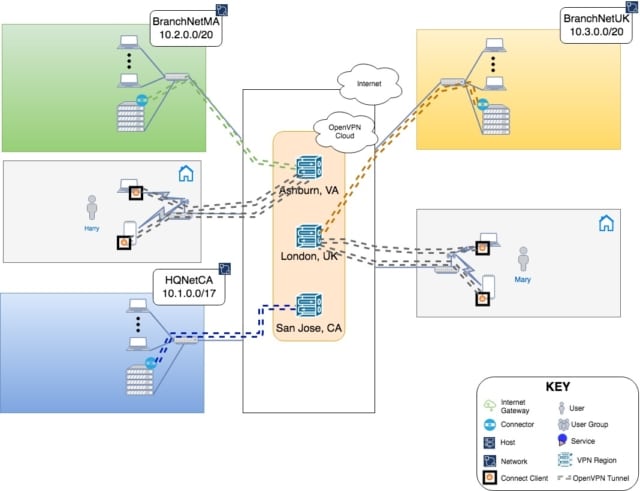
Some VPN services include dedicated anti-virus tools as well, and some anti-viruses business now provide VPNs. We don't usually evaluate the malware-detecting abilities of VPNs, because we view VPNs mostly as a personal privacy service.
A VPN will hide the contents of your web traffic from some observers and can make it harder for you to be tracked online. A VPN can, at best, provide only minimal defense versus the hazards you're most likely to encounter on the web: malware, social engineering rip-offs, and phishing sites.
What Is Mozilla Vpn And How Does It Work?
All your web traffic is routed through this tunnel to the server, which then sends out the traffic off to the public web as normal. Information coming back to your device makes the exact same journey: from the internet, to the VPN server, through the encrypted connection, and back to your machine.
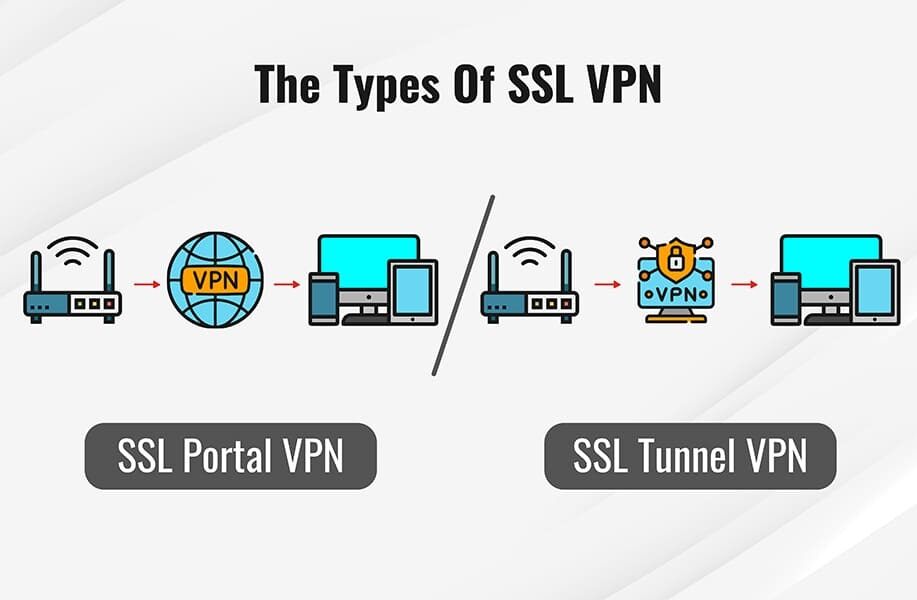
There are a couple of choices out there to set up your own, such as Summary. Doing so is relatively simple, however you'll either require to maintain a server or lease one, which is less simple. While there are some efforts to make self-hosted VPNs more available, it's something best left to tinkerers who are eager to get their hands (digitally) filthy.
If you don't like that a company you're currently paying is benefiting from your data or if you have concerns about ISPs hoarding comprehensive details about your activities, a VPN will help. Not even your ISP can see your web traffic when you utilize a VPN.VPNs also make it harder for advertisers and others to track you online.
Vpn: How Does It Work And What Is It Used For?
When the VPN is active, your real IP address is hidden, and anybody seeing you can only see the IP address of the VPN server. By hiding your real IP address, VPNs reject snoops one tool utilized to identify and track you online. In spite of that, VPNs do not make you fully confidential online.
Some VPN services consist of committed anti-virus tools too, and some anti-viruses companies now offer VPNs. We do not normally evaluate the malware-detecting capabilities of VPNs, given that we see VPNs mainly as a privacy service. To deal with the danger of malware, we think standalone anti-malware softwarewhether it's one you purchase or the one that ships with your computerdoes a much better task.
A VPN will conceal the contents of your web traffic from some observers and can make it harder for you to be tracked online. A VPN can, at best, supply just restricted protection against the risks you're most likely to experience on the web: malware, social engineering rip-offs, and phishing websites.
Table of Contents
- – What Is A Vpn? - Definition, Meaning & Explanation
- – How Does Atlas Vpn Work?
- – What Is A Vpn? How Does It Work? - Dns Filtering
- – How Does A Vpn Work & How To Use A Vpn - Priv...
- – Vpn Connection: What Is It And Why Do You Nee...
- – What Is A Vpn? How Does It Work And Why Do Y...
- – What Is Mozilla Vpn And How Does It Work?
- – Vpn: How Does It Work And What Is It Used For?
Latest Posts
Best Vpn According To Reddit In 2023
The Best Vpn To Use To Protect Your Privacy
Best Business Vpn In 2023 [Ranked & Reviewed]
More
Latest Posts
Best Vpn According To Reddit In 2023
The Best Vpn To Use To Protect Your Privacy
Best Business Vpn In 2023 [Ranked & Reviewed]